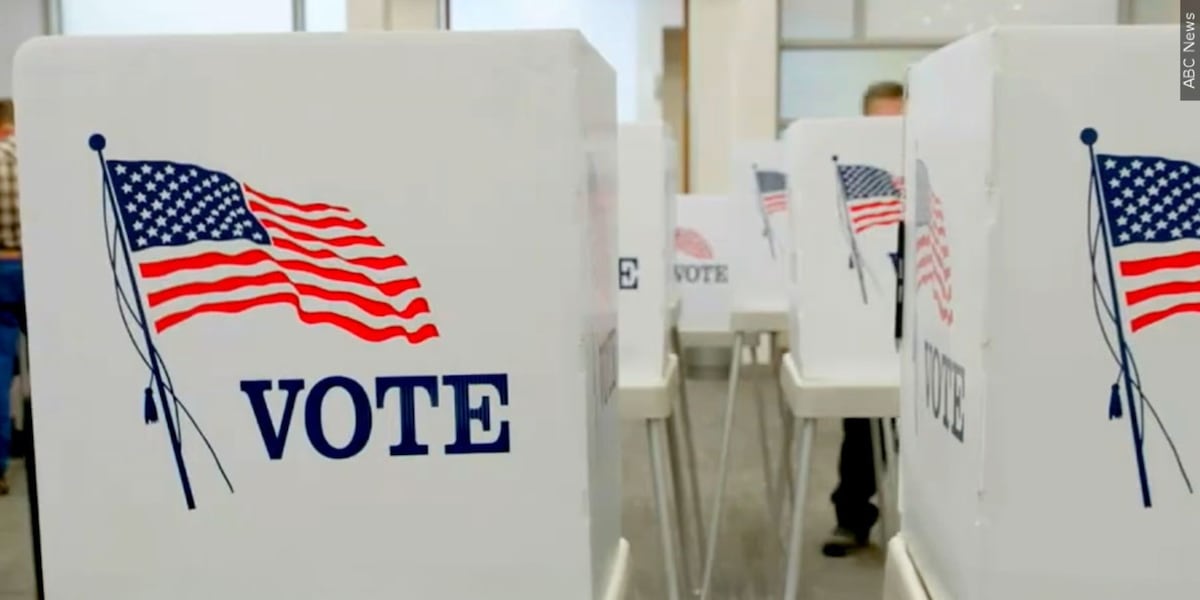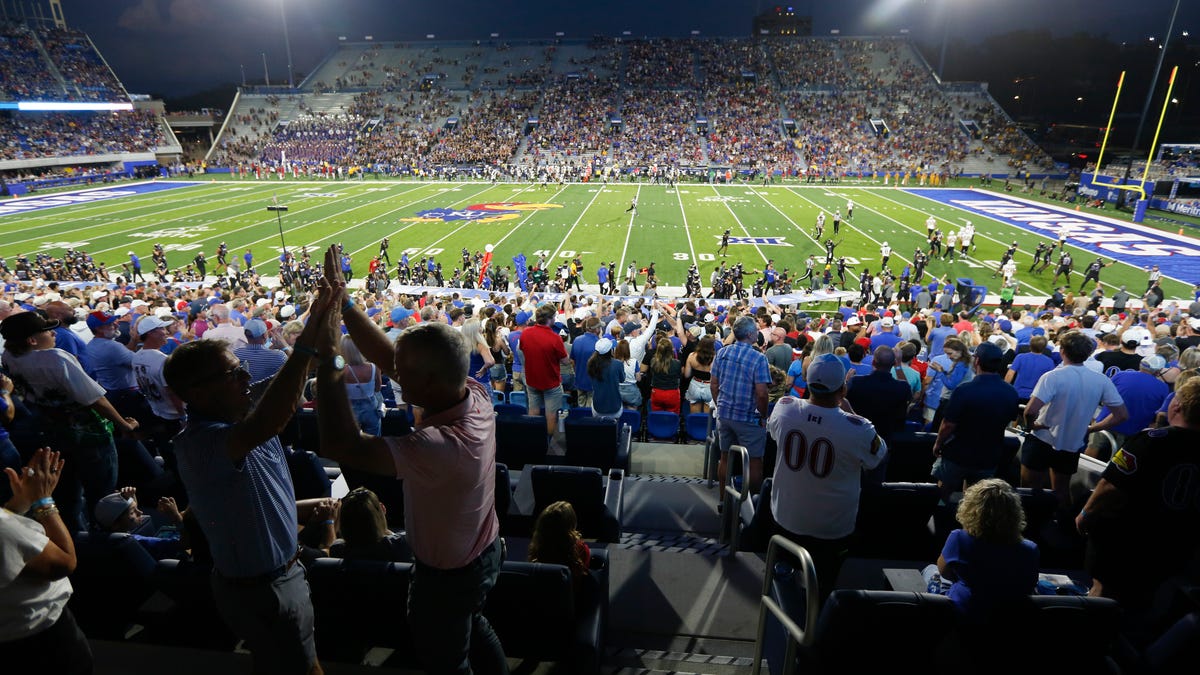OXFORD, Miss. – The Louisiana Ragin’ Cajuns Volleyball team had the momentum in its favor each of the first two sets before Ole Miss battled back and went on to post a 3-0 win (25-20, 25-22, 25-19) on Friday, September 12 at the Gillom Athletics Performance Center in Oxford, Mississippi.
The Rebels (4-3) leaned upon 16 kills each time to overcome the pressure from the Ragin’ Cajuns (6-2) and open a 2-0 match lead. Then in Set 3, Ole Miss hit .400 and sided out at 80 percent to end the contest early.
Louisiana put itself in position to be the ones ahead 2-0 in the match, tied 13-13 midway through Set 1 and laying hold to a 17-13 advantage late in Set 2. Ultimately the offensive edge for Ole Miss, which held a 45-29 edge in kills and .391 to .176 advantage in hitting percentage for the match, paid dividends.
Both sides had balanced scoring, the Ragin’ Cajuns led by nine kills from Cailin Demps and seven kills from Grace Sweeney. The Rebels, though, were able to have four players score more than five kills led by the trio of Shayla Meyer (10), Melia Johnson (9) and Gabi Placide (9) each reaching nine scores.
The loss snapped Louisiana’s three-match win streak, the squad ending a five-match road swing with a 3-2 mark.
Ole Miss claimed victory in its 2025 season home opener and remained unbeaten in the 2000s against UL.
Jazmine Gaston scored a kill on each of her first two swings in Set 1 as the Cajuns remained ahead early 9-7 after taking the lead at 4-3 on a Kennedy Gustafson ace.
The teams were near even with five kills apiece and both hitting .300-plus through the 13-all tie. Meyer helped the Rebels make the decisive move, scoring the tiebreaking kill and serving up an ace to gain separation for good.
Sweeney asserted herself at the onset of Set 2, scoring two aces and a kill in a personal 3-0 run that pulled Louisiana ahead 4-1, then preserved the lead with yet another early kill to make it 9-7.
Later on, Sweeney teamed up with Harley Krause on back-to-back winners as the Cajuns stretched the lead out to 17-13. The Rebels, though, reversed course as a kill, ace and block all in succession ignited a 12-5 set-ending run that prevented Louisiana from evening the match.
With a kill on each of its first three swings in Set 3 the Rebels quickly opened a 5-3 lead and led the rest of the way. Demps, who scored five kills in the frame, began to find her groove getting two kills over a span of five rallies keeping the Cajuns within striking distance at 15-11.
Ole Miss sided out after a UL service error then came up with another timely block to advance the lead to 17-11. The teams traded side outs through Demps’ final kill of the night which made it 21-16 before the Rebels scored three straight for the final separation.
LEADING THE RAGIN’ CAJUNS
Sweeney in Set 2 and Demps in Set 3 both turned in a five-kill set performance. The duo combined for 16 of the Ragin’ Cajuns’ 29 kills.
Demps’ output marked the eighth time in as many matches she’s scored at least nine kills.
Freshman Lindsey Henry had a hand in both of the team’s blocks while Gustafson collected a team-leading eight digs.
Sweeney was a close second with six digs and setter Ryleigh Garis scooped five digs to go with her team-high tying 12 assists.
Chelsea Gilmore and Sweeney served up two aces apiece to pace the Ragin’ Cajuns to six aces.
UP NEXT FOR LOUISIANA
The Ragin’ Cajuns return home to E.K. Long Gym for the Ragin’ Cajuns Classic scheduled for Friday-Saturday, September 19-20.
Louisiana hosts Southern and Nicholls in the round robin event, meeting the Jaguars on Friday (Sept. 19) at 6:00 p.m. and then matching up with the Colonels on Saturday (Sept. 20) at Noon.
The Ragin’ Cajuns Classic marks the final non-conference matches of the 2025 season. Louisiana opens Sun Belt play the following weekend, September 26-27, on the road at Texas State.
FOLLOW THE RAGIN’ CAJUNS
Follow the Ragin’ Cajuns on Twitter (@RaginCajunsVB [twitter.com]), Facebook (/RaginCajunsVB [facebook.com]) or Instagram (@RaginCajunsVB [instagram.com]) to stay up-to-date on all that is happening with Louisiana Volleyball.
Fans are also encouraged to stay engaged with the Ragin’ Cajuns by downloading the #GeauxCajuns app. Click here [apps.apple.com] for iOS/Apple platforms and here [play.google.com] for Android platforms.






























